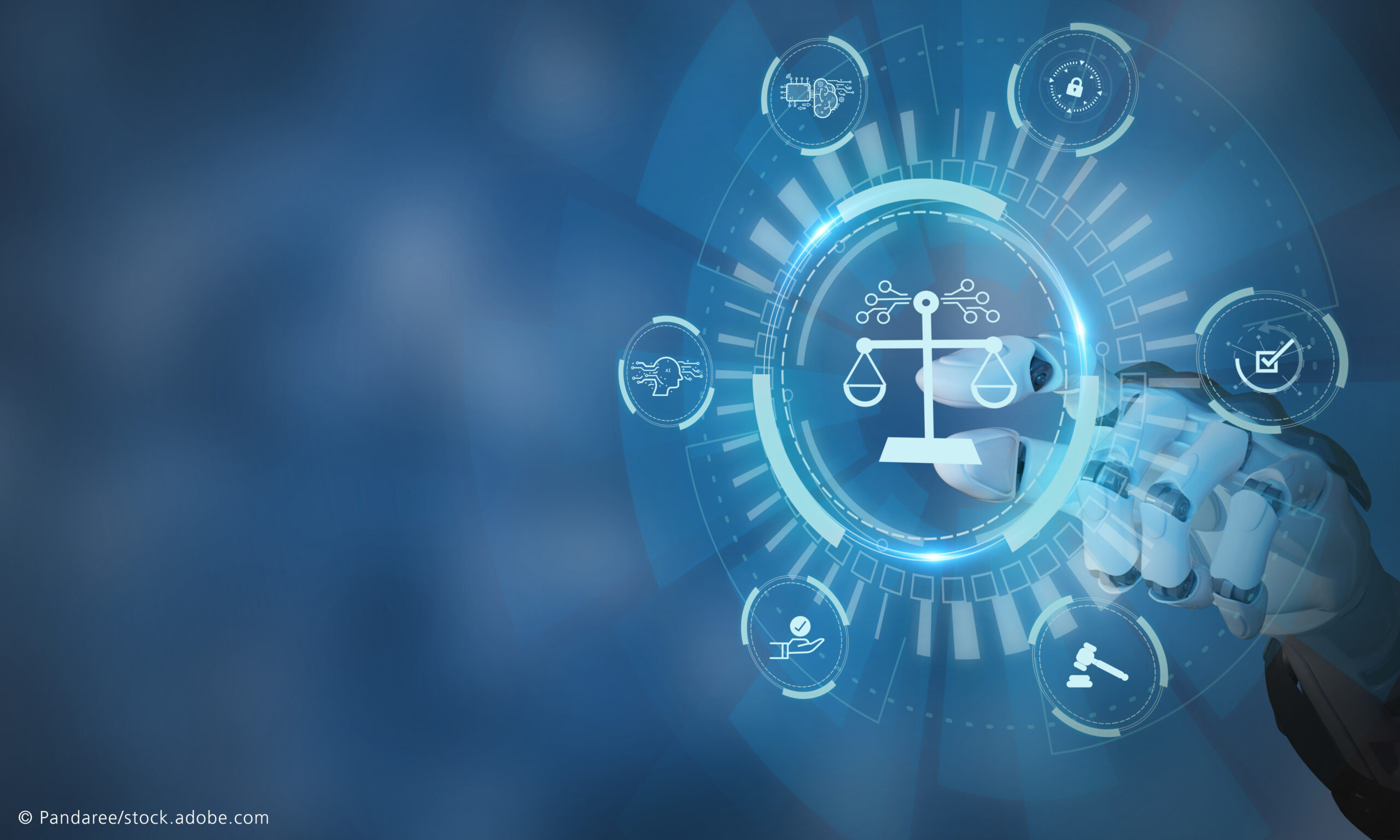Ars vs. Ars: The Legal and Ethical Implications of AI-Generated Content
Editor's Note: Ars Vs. Ars: The Legal And Ethical Implications Of AI-Generated Content has been published on May 12, 2023. Legal and ethical implications of AI-generated content are important for people to understand because it can have a significant impact on creativity, freedom of expression, and copyright law.
With the rapid advancement of AI technology, AI-generated content has become increasingly prevalent and sophisticated. This has raised a number of important questions regarding the legal and ethical implications of such content. In this article, we will explore these issues and provide an in-depth analysis of the current state of the law and ethics surrounding AI-generated content.
| Key Differences | Ars Nova | Ars Subtilior |
|---|---|---|
| Dates | c. 1310-1380 | c. 1360-1420 |
| Geographical Origin | France | France and Italy |
| Musical Style | Polyphonic, with a focus on simple, clear melodies | Polyphonic, with a focus on complex rhythms and harmonies |
| Composers | Guillaume de Machaut, Francesco Landini | Johannes Ciconia, Antonio Zacara da Teramo |
We will discuss the copyright issues surrounding AI-generated content, the potential for AI to be used to create deepfakes and other forms of misinformation, and the ethical concerns surrounding the use of AI to generate content that could be used to manipulate or deceive people.
FAQ
As the proliferation of AI-generated content continues, various legal and ethical implications arise. This FAQ section addresses some common concerns and provides insights into their impact.
M.ARS vs Strange Fruits Music - Это Здорово Lean On (Eidly Mashup) – Eidly - Source promodj.com
Question 1: Who owns the copyright to AI-generated content?
The copyright ownership of AI-generated content depends on the specific circumstances, including the type of AI system used, the level of human involvement, and the jurisdiction's copyright laws. In many cases, the copyright belongs to the human creator who provided the prompts or instructions to the AI system.
Question 2: Can AI-generated content be considered plagiarism?
AI-generated content may raise concerns about plagiarism if it is heavily based on or directly copies copyrighted material without proper attribution. Ethical use of AI-generated content requires transparent disclosure of its origins and proper citation of any copyrighted sources used.
Question 3: What are the legal implications of using AI-generated content for commercial purposes?
Using AI-generated content for commercial purposes may involve copyright infringement if it incorporates copyrighted elements without proper authorization. Additionally, it is important to consider the potential for false or misleading content generated by AI systems and the associated legal liabilities.
Question 4: How can we ensure the ethical use of AI-generated content?
Ethical use of AI-generated content requires transparency about its origins, proper attribution of sources, and avoidance of misleading or harmful content. It also involves respecting human creativity and considering the potential impact on creators and industries.
Question 5: What is the role of regulation in governing AI-generated content?
Regulation plays a crucial role in shaping the legal and ethical landscape of AI-generated content. Governments and regulatory bodies can establish guidelines for copyright protection, promote transparency and accountability, and address concerns related to bias, misinformation, and harmful content.
Question 6: How will the future of AI-generated content evolve?
As AI technology continues to advance, the future of AI-generated content remains uncertain. However, ongoing discussions about legal and ethical implications, coupled with the development of more sophisticated AI systems, will likely shape its trajectory and impact on society.
In summary, the legal and ethical implications of AI-generated content are complex and require ongoing consideration. By understanding these issues and embracing ethical practices, we can ensure the responsible use and development of AI-generated content.
Proceeding to the next article section: Legal Considerations for Using AI-Generated Content
Tips
The article Ars Vs. Ars: The Legal And Ethical Implications Of AI-Generated Content discusses the legal and ethical issues surrounding AI-generated content. To address these concerns, consider the following tips:
Tip 1: Disclose the Use of AI
Inform readers or users when AI has been used to create content. This transparency builds trust and reduces the risk of plagiarism accusations.
Tip 2: Respect Intellectual Property Rights
Ensure that AI-generated content does not infringe upon existing copyrights or trademarks. Use legal methods to obtain necessary permissions for any borrowed material.
Tip 3: Consider Ethical Implications
Evaluate the potential impact of AI-generated content on society. Avoid creating content that promotes harmful stereotypes, incites violence, or spreads misinformation.
Tip 4: Monitor Legal Developments
Stay informed about the evolving legal landscape surrounding AI. This knowledge will help you make informed decisions about the use of AI-generated content.
Tip 5: Seek Professional Guidance
If you have concerns about the legal or ethical implications of AI-generated content, consult with an attorney or ethicist for guidance.
These tips can help you navigate the challenges and maximize the benefits of using AI-generated content.
Remember, the responsible use of AI can enhance creativity, efficiency, and access to information. By adhering to these guidelines, you can help ensure that AI-generated content contributes positively to society.
Ars Vs. Ars: The Legal And Ethical Implications Of AI-Generated Content
The legal and ethical implications of AI-generated content are a complex and evolving field. As AI technology continues to advance, so too do the challenges and opportunities it presents. This article explores six key aspects of this topic, providing a comprehensive overview of the current landscape.
- Ownership and Copyright: Who owns the copyright to AI-generated content? The creator of the AI system or the user who generated the content?
- Liability and Responsibility: Who is liable for AI-generated content that is defamatory, inaccurate, or otherwise harmful?
- Bias and Discrimination: AI systems can be biased against certain groups of people, leading to unfair or discriminatory outcomes.
- Transparency and Explanation: Users should be able to understand how AI systems generate content and the reasons for their decisions.
- Artistic Expression and Creativity: AI-generated content raises questions about the nature of artistic expression and creativity.
- Regulation and Governance: Governments and other organizations are developing regulations and guidelines to address the legal and ethical implications of AI-generated content.
These key aspects are interconnected and complex. For example, the issue of ownership and copyright is closely related to the liability and responsibility for AI-generated content. Similarly, the bias and discrimination that can be inherent in AI systems can have a significant impact on the artistic expression and creativity of AI-generated content. As the field of AI-generated content continues to evolve, it is important to consider the legal and ethical implications of these key aspects in order to ensure that this technology is used in a responsible and ethical manner.

Liverpool Vs Arsenal LIVE Streaming: LIV Vs ARS LIVE In Premier League - Source bdtoppost.com
Ars Vs. Ars: The Legal And Ethical Implications Of AI-Generated Content
The rapid development of AI-generated content raises new legal and ethical questions. The traditional distinction between human-generated and AI-generated works blurs, requiring a re-examination of existing copyright and intellectual property laws. Moreover, the use of AI in creating content raises concerns about originality and ownership, fair use, and the potential for bias and discrimination.

Ethical and Legal Aspects of AI for Law Enforcement | aligner - Source aligner-h2020.eu
One of the key issues is determining the legal status of AI-generated content itself. Is it considered original work, a derivative work, or merely a tool for generating content? The answer to this question will determine who owns the copyright for the content and how it can be used.
Ethical concerns also arise from the use of AI in content generation. These include the potential for bias and discrimination in the output, the impact on human creators, and the broader societal implications of relying on AI-generated content.
Conclusion
The legal and ethical implications of AI-generated content are far-reaching and complex. Existing legal frameworks may need to be amended to address the specific challenges posed by this technology. In addition, ethical guidelines are needed to ensure that AI-generated content is used responsibly and fairly.
As AI advances, the debate surrounding these issues will likely intensify. It is important to engage in informed and thoughtful discussions to ensure that the potential benefits of AI-generated content are realized while minimizing the risks.




